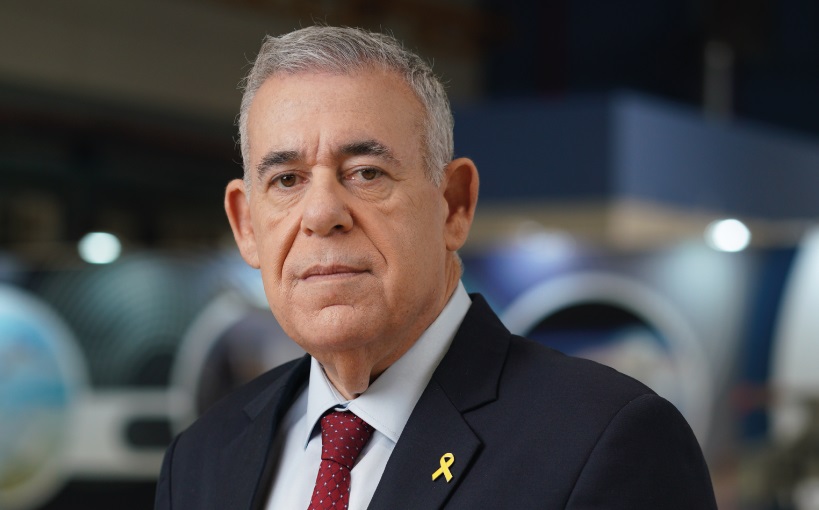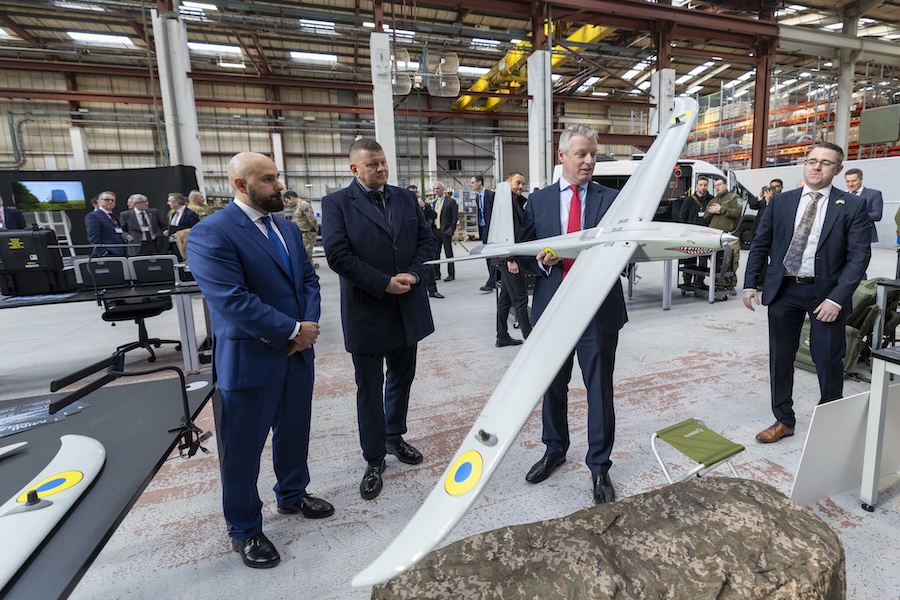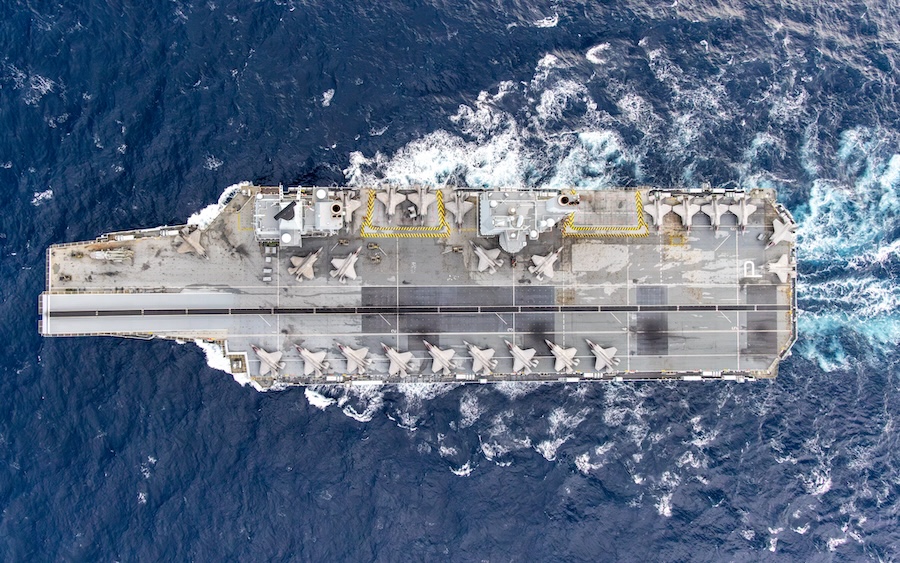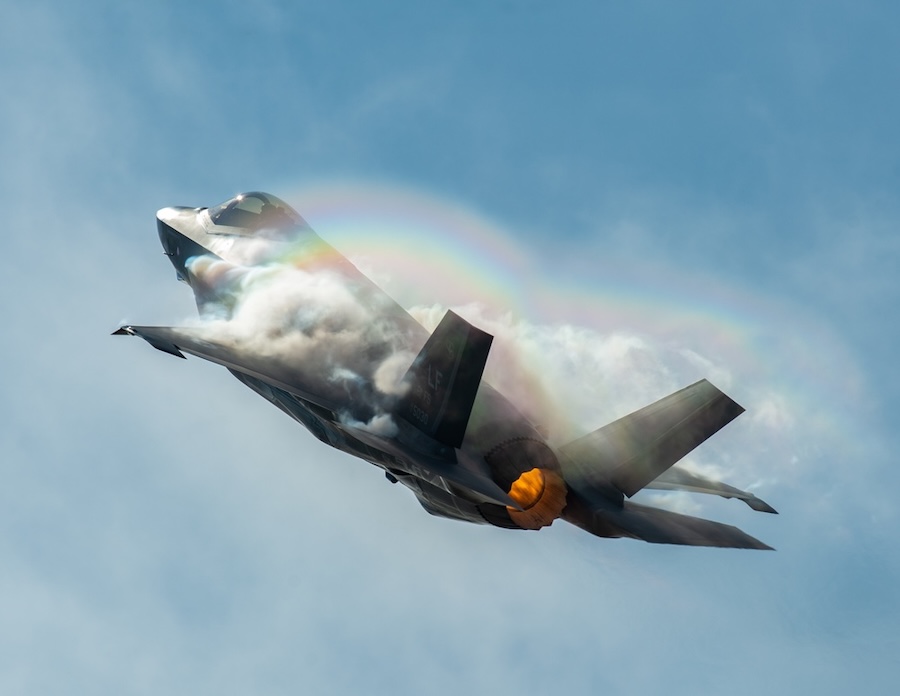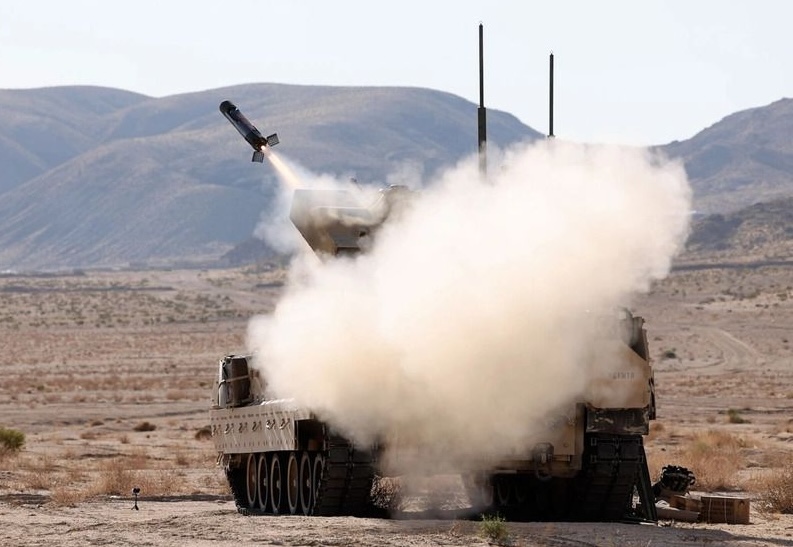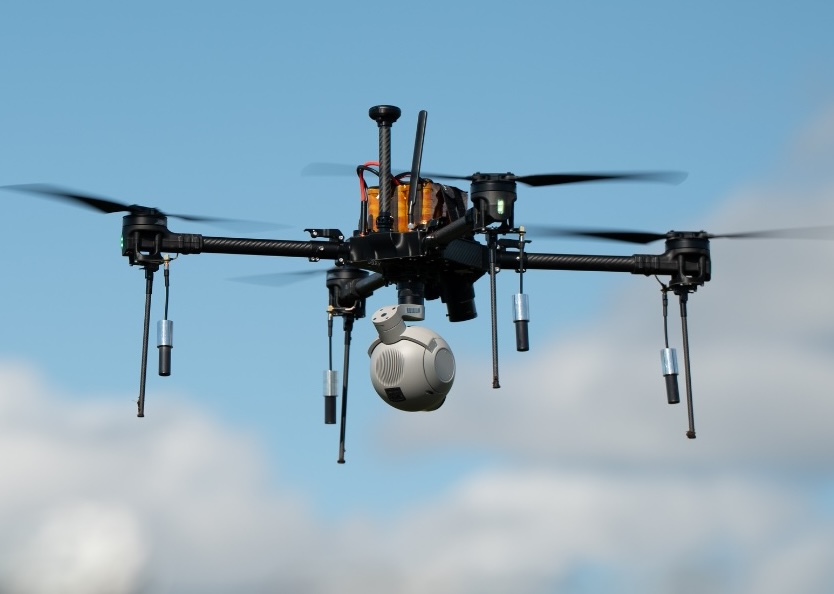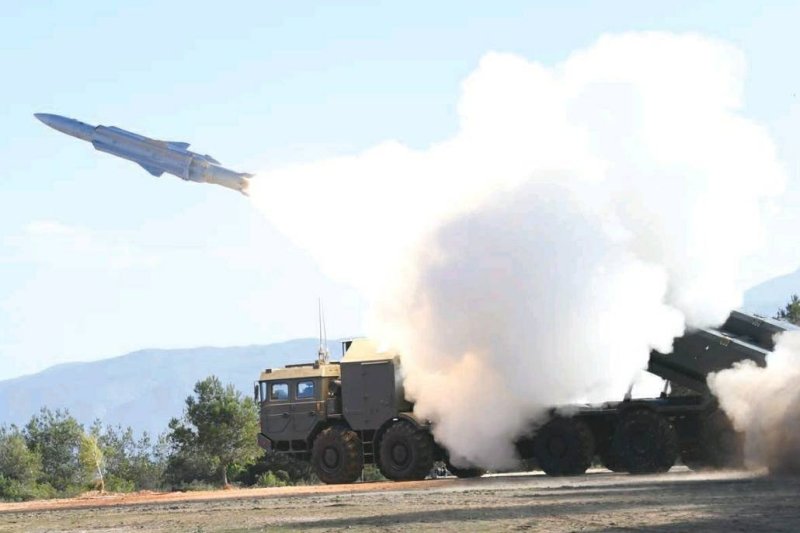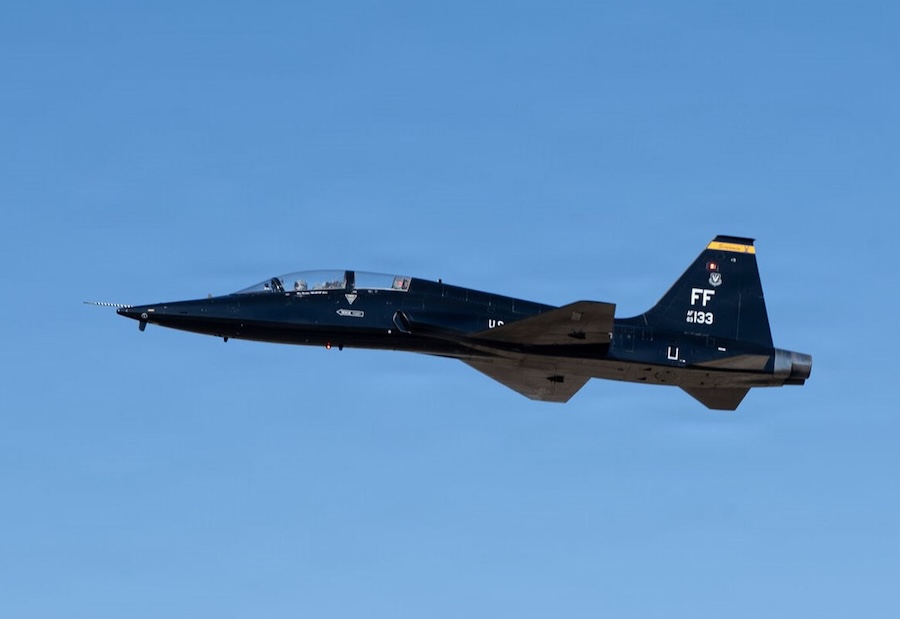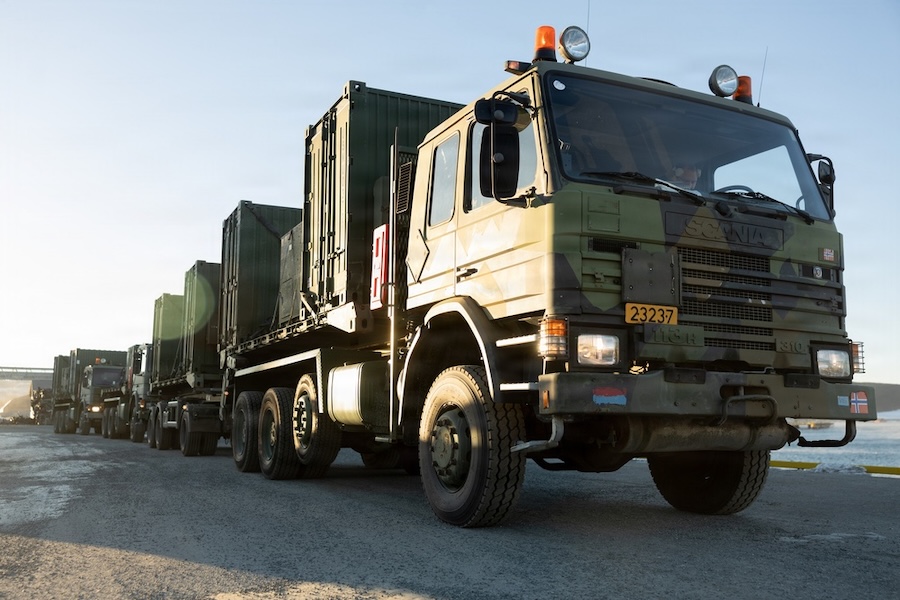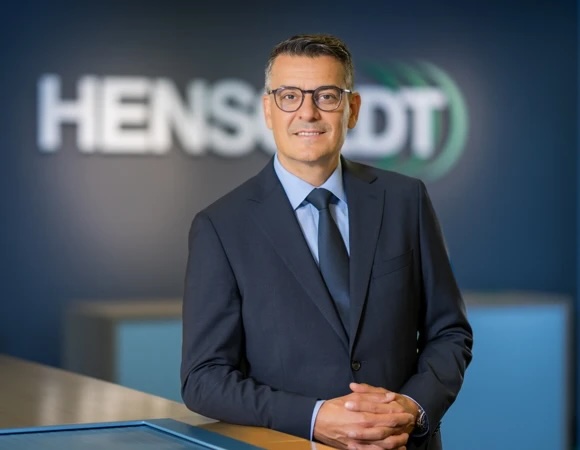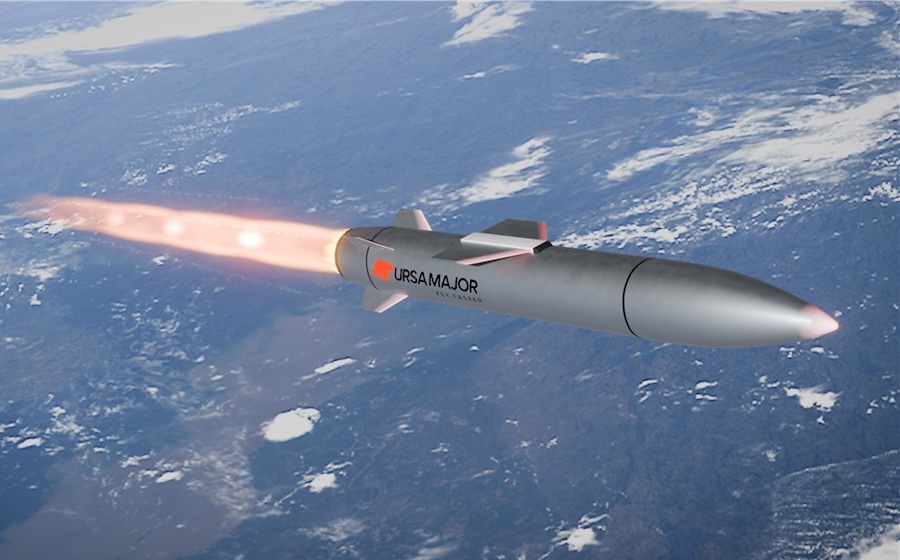Levy said, “One of the lessons from the war [with Iran], Operation Rising Lion, is that collaboration is the name of the game. There is no doubt that you cannot win big wars without partnerships, which also go operational.” He added that “a lot of the materials are made in the US, but the brain is in Israel. It would be natural for the US to use it because it’s an entirely American system.”
Discussing the Golden Dome initiative, Levy explained, “There are two pieces: land-based and sea-based defences; and defences from space.” He also noted, “US Space Force General Michael Guetlein was appointed [to run the Golden Dome program]. He has the capability to lead the missile defence and space components. They need to bring a vision.”
President Donald Trump placed a $175 billion price tag on the Golden Dome in May, while the Congressional Budget Office estimated $831 billion over two decades. IAI officials have said the company could deliver systems within two to three years once the programme’s framework is clarified, potentially before the end of Trump’s term.
Turning to Europe, Levy pointed out that the Arrow and Barak systems “can serve as a strong defensive shield against all types of threats” under the Europrean Sky Shield initiative. “We can intercept at the right height and at the right distance,” he said.
On Israel’s own missile defence, Levy observed, “The price for the Arrow has gone down a lot in the marketplace. When the volume of orders goes up, there are new market efficiencies.” He confirmed that the Defence Ministry signed a contract on 17 July to accelerate Arrow interceptor production, with the exact number classified.
Israel has faced shortages of Arrow missiles following large-scale attacks by Iran and Yemen’s Houthis in 2024 and 2025. Levy responded, “I completely trust the Defense Ministry to make the right calculations. IAI has contracts, and whatever is agreed to, we will produce what they want from us.”
Levy also praised IAI’s workforce: “On Oct. 7, we started to [really] work, including calling in our ‘reservists’ [select, highly trained retirees], and we built up our production lines. We have three rotations to keep things running all day, seven days a week.” He said IAI employs 15,000 directly, with around 50,000 jobs tied to its wider ecosystem.
Addressing Israel’s space activities, Levy remarked, “Actions in space multiply your power. So many products are coming out of Israel and IAI, whether for surveillance or communications.” He highlighted the Ofek 13 satellite, explaining, “We saw points of interest, including, but not limited to, Iran.”
Looking ahead, Levy cautioned that Iran and its allies would adapt their tactics, stressing the need for constant innovation. “We need to look ahead at what will come next from the enemy. No doubt, every day during the war we learned new things.” He concluded, “We are always trying to look two generations ahead. We don’t have the luxury to wake up one morning and have something ready the next day.”
Source: The Jerusalem Post Magazine.


